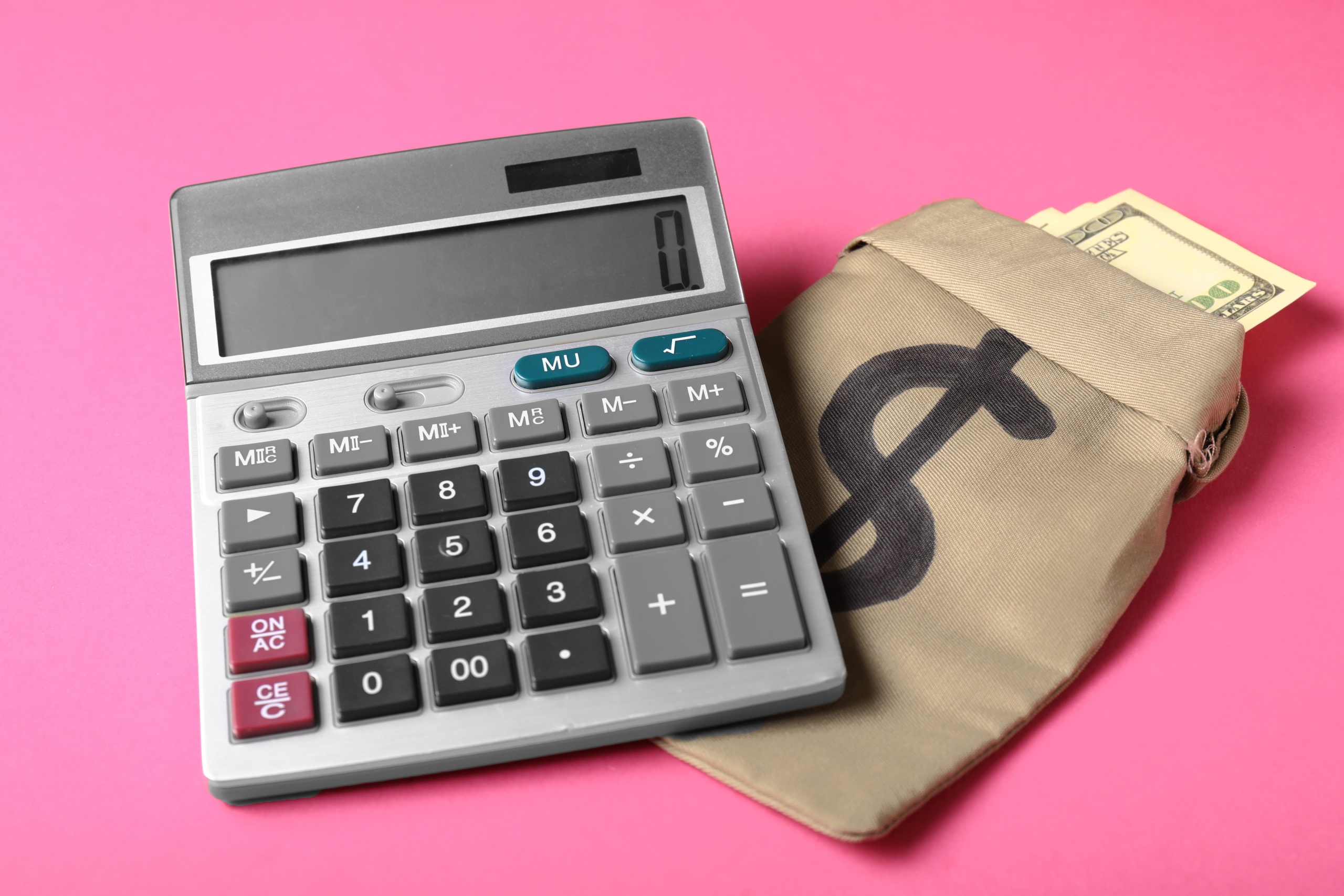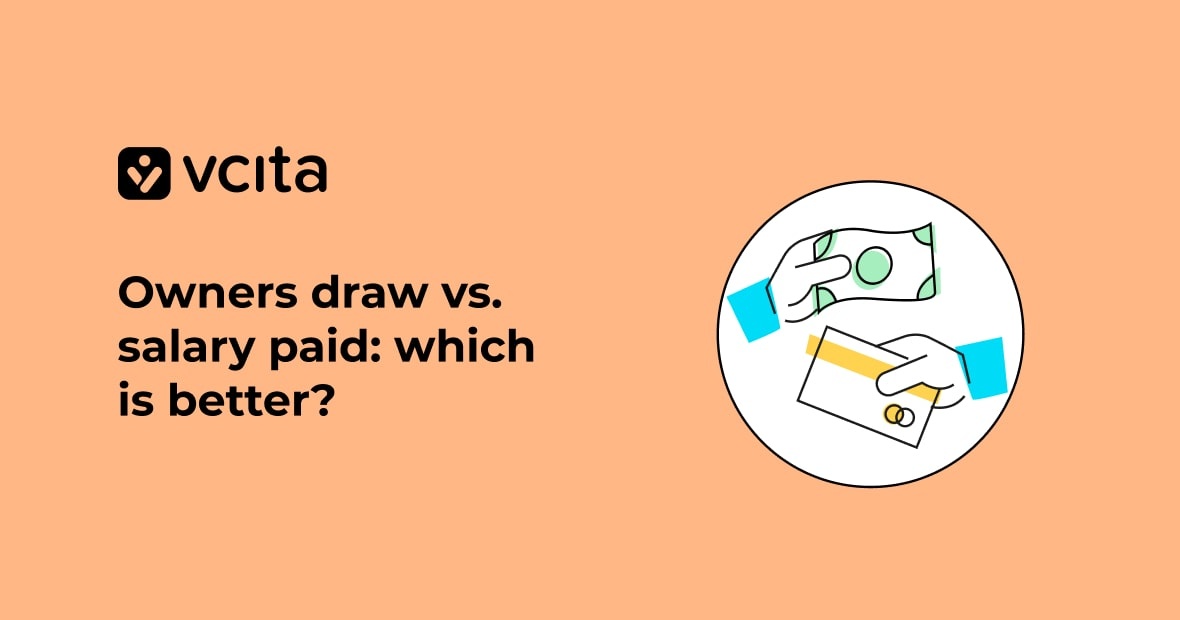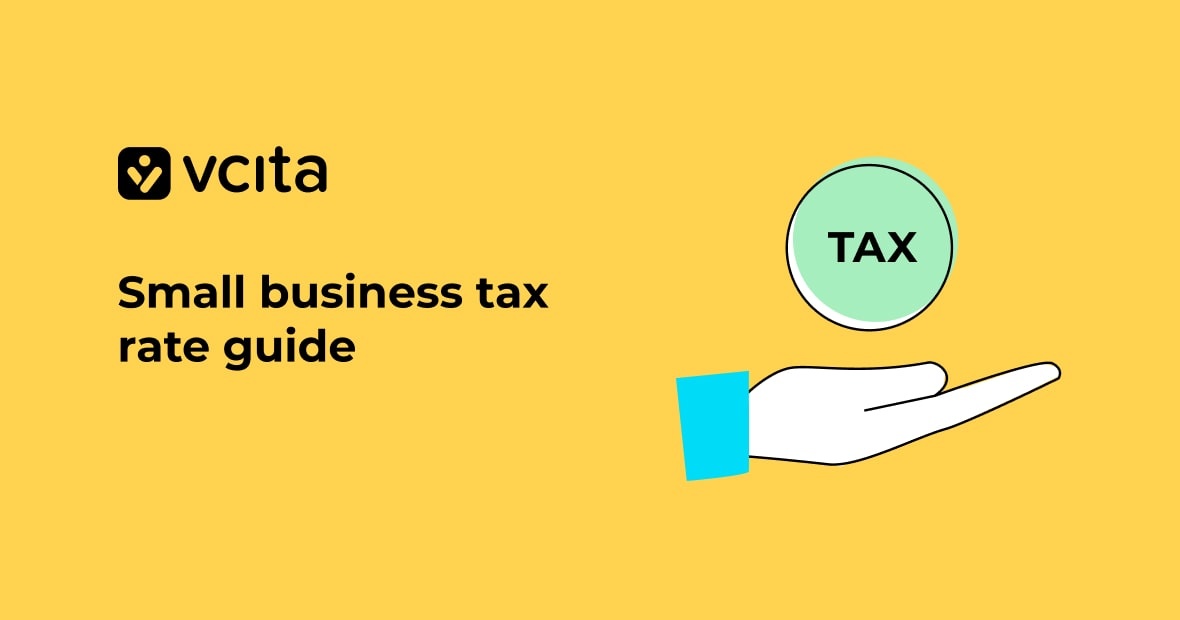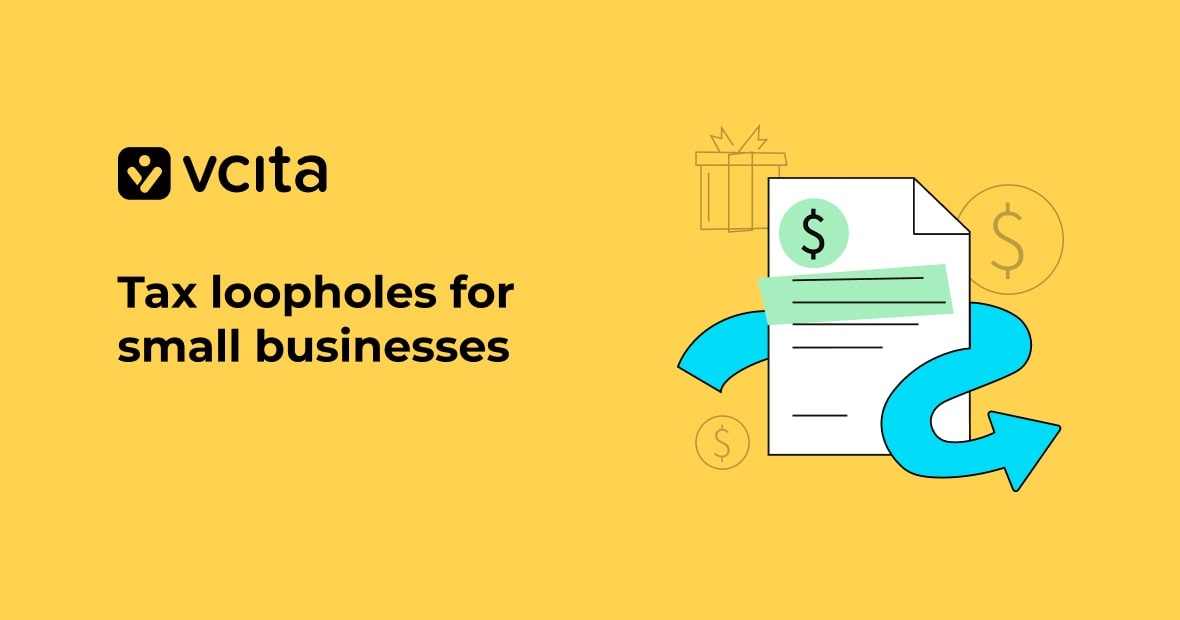Small business taxes are a hassle.
You can probably think of a million things you’d rather do than compile financial records, bring accounts up to date and file paperwork. It’s unavoidable, so we’re here to help make things a little easier with this downloadable small business tax checklist.
Whether you’re tackling your small business taxes for the first time or just need a refresher, here are 3 steps you can follow so you aren’t scrambling right before tax time.
1. Set the record straight
How you prepare your taxes depends on your business’ legal structure. Each business type has different tax implications and filing requirements. Here’s a quick primer to refresh your memory:
- Sole proprietorship: a business where you are the only owner. You report income and losses on your personal tax return.
- Partnership: a business owned by two or more people. Each partner reports income they earn from the partnership on their personal tax return.
- S corporation: a business that allow profits and losses to pass directly through to shareholders’ personal income. The corporation doesn’t get taxed, but shareholders that earn income must pay an income tax.
- C corporation: a traditional business with shareholders, board of directors and management where the business pays corporate taxes.
- Limited liability company (LLC): a business that limits owner liability. LLCs are taxed as flow-through entities by default, but owners can also elect to be taxed as a corporation.
Collect your business records
Before you start, Akash Patel, CPA at Leo Berwick, LP, recommends taking some time to track down everything you need to prepare your tax return. What you need depends on your business’ structure, start by gathering the following:
- Personal information and Social Security Number (SSN)
- Employer Identification Number (EIN)
- Last year’s tax returns
- Bank information
- Banking and credit cards statements
- Expenses, receipts, and invoices
- Employee and contractor information
- Payroll statements
Download this small business tax checklist to help you get started.
Update your books
If you’ve kept up with recording and categorizing every single business transaction since the start of the year – you get a gold star. Good bookkeeping is a marathon, not a sprint. “Playing catch up will take some time and you won’t remember all your expenses after so much time has passed. Being consistent is critical to ensure everything is accurately accounted for before you close your books,” says Patel.
You can always pick up where you left off if things got busy. Log every transaction’s date, description, and category and reconcile them with your bank and credit card statements. This information is used to generate financial statements and these amounts will come up on your return.
Use your business’ total income and expenses to generate an Income Statement, which measures your business’ revenue against expenses, to determine profitability. Next, generate a Balance Sheet to assess the financial position of your company by quantifying assets, liabilities, and shareholder’s equity. Finally, prepare a Cash Flow Statement to present the final cash balance for the year. Clear as mud?
Get help
If it isn’t exactly crystal, that’s ok. You might want to take a crack at your own bookkeeping and accounting yourself while you’re bootstrapping your new business but there will come a time where it makes sense to get some help.
As you grow, consider investing in apps that will help you stay on top of your finance operations. A simple small business accounting software can boost productivity by tracking expenses, streamlining invoicing, and generating reports.
Eventually, you might find yourself fighting the urge to hire an experienced Certified Public Accountant (CPA) to run your numbers and file your taxes. Just think about it. What if you could ditch the tedium to spend more time growing your business?
2. Crunch the numbers
What federal taxes does your business have to pay?
There are four main federal taxes for small businesses that you need to know. They might not all apply, but here’s what you need to pay Uncle Sam:
- Income tax: the taxes on business income.
- Self-employment tax: A 15.3% tax that accounts for social security and Medicare.
- Payroll tax: taxes a small business pays on its employees’ wages, including federal tax withholding, social security, Medicare, and unemployment taxes.
- Excise tax: A tax included in the price of specific products like cigarettes, alcohol, or gas. If you sell these types of products, you’re responsible to collect these taxes and send them along to the IRS.
Other State and local taxes, like sales and property tax, will vary by state and municipality. You can find out more about state and local taxes from your Secretary of State’s website and city hall.
How much tax does my small business owe?
Sole proprietorship, partnerships, and S corporations are known as pass-through entities that don’t pay corporate taxes. Instead, they pass earnings through to business owner(s) who pay personal income taxes on the amount received. “Business owners can figure out the amount they owe based on their federal income tax bracket rate,” advises Patel, “and don’t forget to budget for and regularly set aside funds to cover your tax liability.”
C corporations, on the other hand, are on the hook to pay a flat tax rate of 21% plus applicable state income taxes.
Identify your small business tax deductions
It takes money to make money and, thankfully, you can take advantage of small business tax deductions to reduce your business’ taxable income. You can write off common operating expenses like:
- Startup costs: up to $5,000 new business startup expenses.
- Raw materials: the cost of things you bought to provide the things you sell.
- Office space: the rent for a commercial space.
- Home office: a portion of your rent or mortgage and expenses like heat, electricity, and insurance for the space in your home that’s used for work.
- Business travel: the cost of business travel (e.g., flights and accommodations).
- Mileage expenses: the cost of mileage when you drive for business.
- Insurance: premiums your business needs to pay.
- Employee wages and benefits: salary and insurance premiums paid to and on behalf of employees.
Be sure to pay close attention to the rules, carefully document transactions and save receipts because you can be sure the IRS will pay attention too. Don’t cook the books otherwise you can end up on the wrong side of an audit.
3. Fill in the paperwork
Tax filing forms and deadlines
Not all business types are created equal, but they all need to pay up. Patel cautions that you will pay penalties and interest if you don’t pay your taxes by the filing deadline, and also advises to apply for an extension if you’re in a bind. “You still need to pay your estimated taxes owed by the original deadline but it’ll give you some extra time to sort out the filing.”
Here’s a summary of the forms and dates you need to know.







You also need to file the following if they apply:
- Form W-2, on behalf of your employees.
- Form 1099-NEC, if you’ve paid any independent contractors more than $600 over the year. The 1099-NEC can only be ordered from the IRS and is due by January 31. You need to order it and collect Form W-9 from your contractors in advance so you can hit the date.
- Form 1099-MISC, if you’ve paid an individual more than $600 on things like rent paid, legal settlements, or prize award winnings.
Lastly, taxes are due on the next business day if the filing deadline falls on a weekend or federal holiday.
Get a second opinion
If you’ve done this all yourself, congrats. That’s amazing! It’s still worth reviewing the numbers with a CPA or tax specialist. “A second set of eyes with a holistic view and understanding of changes to tax law can help catch potential mistakes or missed deductions,” says Patel.
Even if you’ve given into the urge to outsource your tax preparation, you still need to sign off on the results. You get the added peace of mind knowing that your tax professional can speak directly to the IRS and represent you in the event of an audit.
The Final Word
And there you have it. Once you’ve set the record straight, crunched the numbers and finished the paperwork- you’re all ready to file. Be consistent, diligent and don’t be too shy to ask for help. Hopefully this helps make your small business taxes less of a hassle so you can get back to business.




























